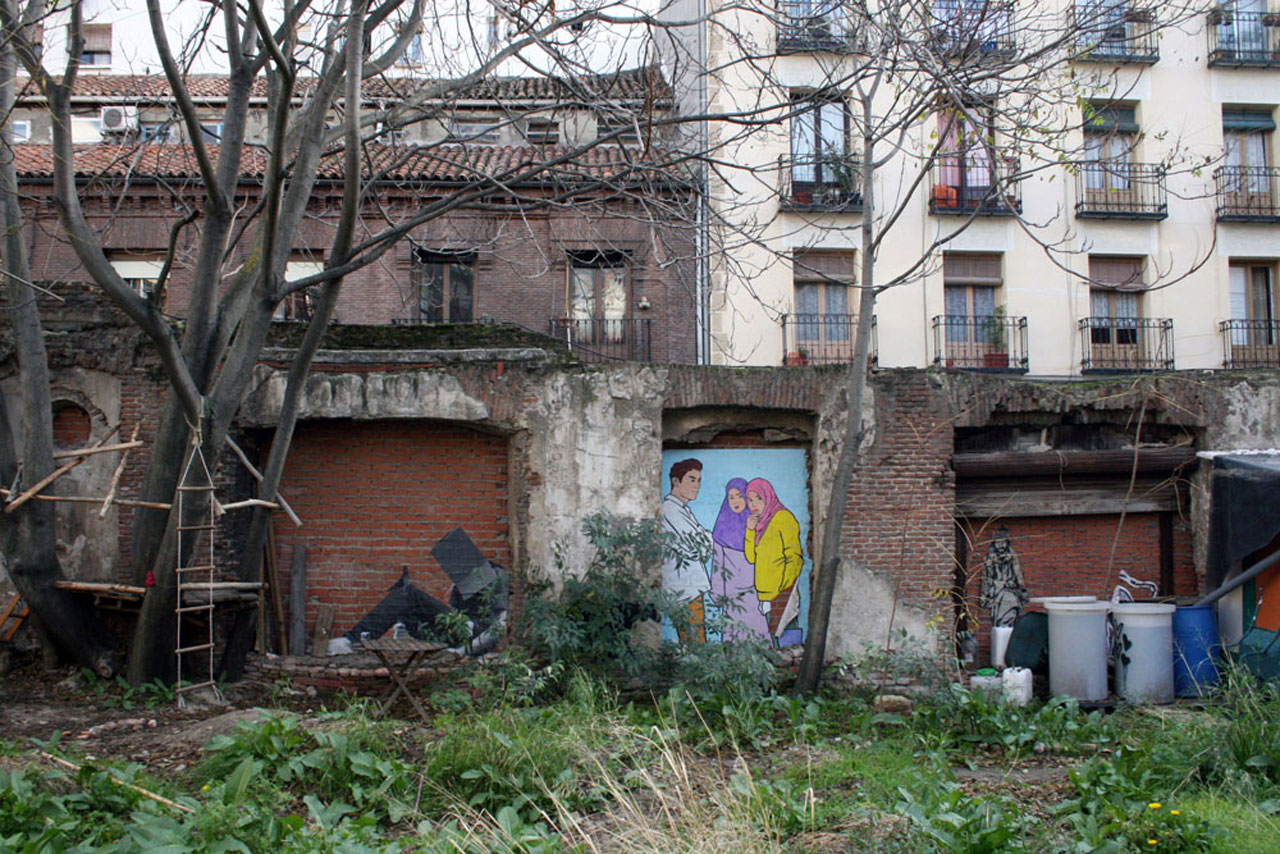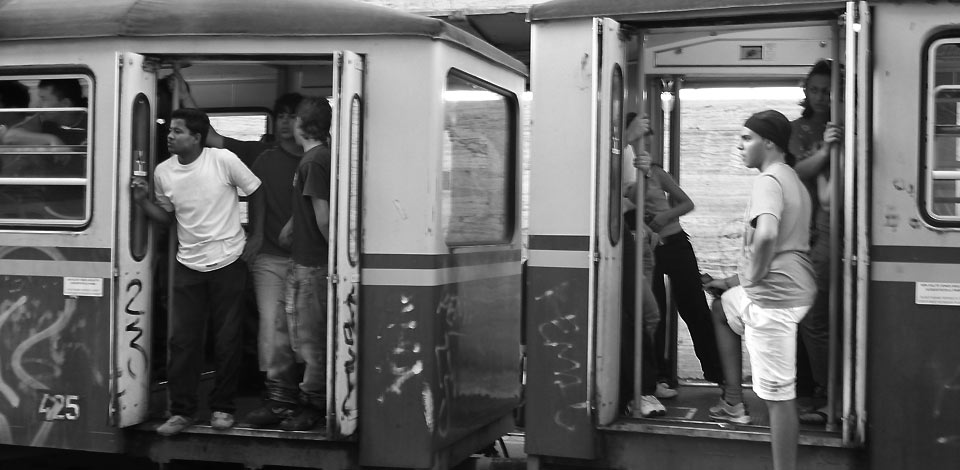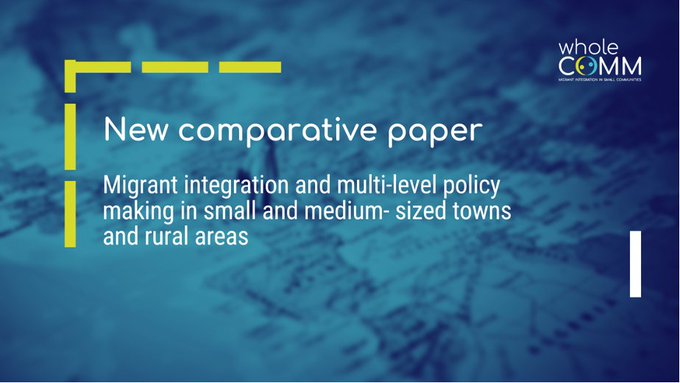Nell’ambito del progetto Whole-COMM è appena stato pubblicato il report comparato “Comparative Paper on local integration policies and multi-level policymaking interactions in SMsTRA” che sulla base dei dati raccolti, analizza in modo comparato le politiche di integrazione rivolte ai migranti post-2014 e le interazioni tra diversi attori e livelli di governo.
Abstract
This working paper looks at the integration policies targeting post-2014 migrants developed by 49 small and medium-sized towns and rural areas (SMsTRA) in eight EU countries, Turkey and Canada, and at the policymaking interactions that local governments in these localities develop with non-public actors and governmental actors at higher levels of government. The analysis is based on 696 interviews conducted with a wide range of policymakers and other stakeholders in each of the selected municipalities, and with regional, national and European policymakers.
The working paper is organized in three parts that discuss three different sets of (interlinked) research questions. The first part of the paper analyses the migrant integration policies/initiatives developed by the EU that target specifically SMsTRA and the relationship between the EU and SMsTRA. It crucially shows that links between European and national policymakers on the one hand, and local stakeholders in SMsTRA on the other appear to be rare to non-existent. Further, European and national funding schemes, while relevant for and impacting on SMsTRA’s ability to deal with the integration of post-2014 refugees, rarely mention smaller localities as targets.
The second part moves to the local level analysing the policies (if any) developed by local governments, in cooperation with other stakeholders, in the 49 SMsTRA to deal with the integration of post-2014 migrants. The section crucially shows that the presence or absence of an accommodative integration policy and engaged municipal actors to deal with the integration of post-2014 migrants is somewhat linked with the economic dynamics and political orientation of localities: localities with a positive economic dynamic and a more progressive political orientation more often develop accommodative policies and have engaged actors in place.
The third part of the paper analyses policymaking interactions involving SMsTRA. It therefore asks to what extent and in what ways do local governments in SMSTRA interact with local public and non-public stakeholders and regional/national/supranational authorities, and whether these relationships are collaborative or conflictual. Our findings crucially show that the frequency and nature of policymaking interactions among local actors as well as between local actors and actors at other levels of government can be largely explained by differences in localities’ size and political orientation: medium-sized towns and progressive towns, overall, develop much more intense and collaborative interactions compared to smaller and conservative localities.
Download the paper







